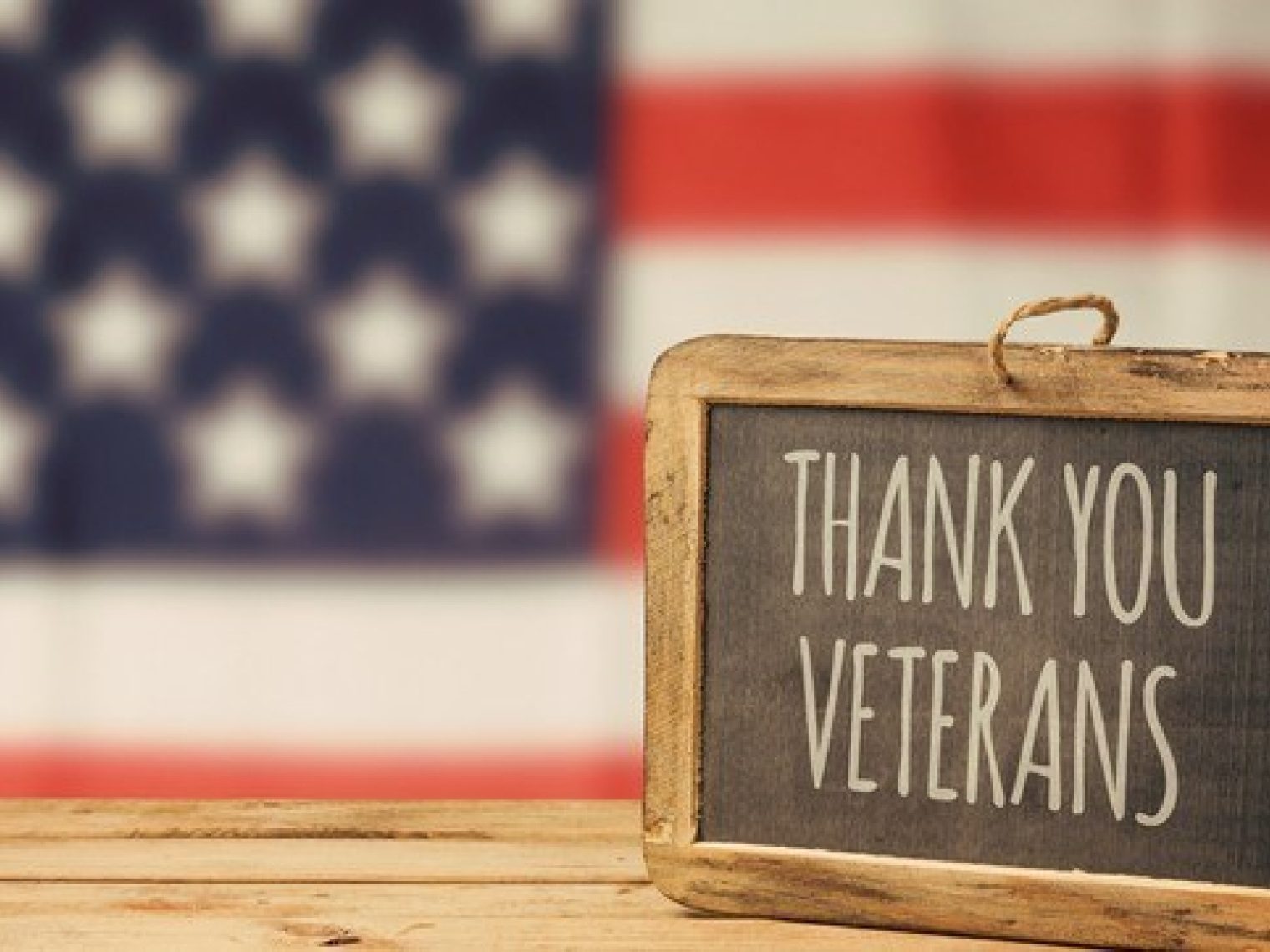Has the convenience of credit and debit cards made carrying cash a thing of the past? Maybe.
More and more, credit is becoming the preferred method of payment and a way of keeping money secure. Before you put away the green for good, however, you should consider the perils of plastic and benefits of cash.
We Tend to Overspend
Americans have thousands of dollars of credit card debt, so it’s no secret that a credit card can be both a wonderful and a dangerous thing. Perhaps it's the easy access to capital that promotes overspending or the fact that we can’t see the money that we are using, but the truth is in the numbers.
Keep yourself from buying more items than you intended by only bringing enough cash to pay for your planned purchases. Needing to return to the ATM to withdraw more money will discourage over-shopping. If you can’t part with plastic, try a low-limit credit card.
Fat Boy, Slim Wallet
The idea that we spend more money and make more purchases when we use credit cards isn’t surprising. What we’re buying with cards, however, may come as a bit of a shock.
A 2008 study revealed that Americans who use credit cards buy more junk food than their cash-wielding counterparts—a whopping 40 percent more. McDonalds even observed that their average transaction went from $4.70 to $7 when the customer used a credit card. Why the correlation? Both overspending and overeating are issues of impulse control, researchers say.
In Your Best Interest?
Because of interest rates, many credit card users will spend more than those who use cash. The average interest rate for a credit card on September 21, 2022 was a steep 18.16 percent according to CreditCards.com.
Likewise, interest rates have been on the rise in recent years, and more card issuers have beenswitching to variable rates. Meanwhile, those who pay with cash don’t have to worry about interest or paying off a balance each month. Once the purchase is made, it’s complete—there are no hidden fees.
Help the Little Guys
Using cash isn’t only in your best interest — it also helps small businesses by minimizing processing fees associated with accepting credit cards as payment.
In other words, restaurants and retail locations have to pay a fee for every card swipe, which usually amounts to about 2 percent of every purchase. Swipe fees aren’t a problem for large retailers or restaurant chains, but mom and pop shops can’t always take the hit. This is why smaller establishments often opt to work on a cash-only basis. Paying with cash is a great way to support local businesses.
Who Has to Know?
One of the major controversies surrounding credit cards is the increased potential for identity theft. Using cash doesn’t require you to hand over your personal information every time you make a purchase or make you nearly as vulnerable to scammers. This is one of the main reasons that some go to the extreme of not owning a credit card.
Others just don’t like the idea of marketers and credit card companies tracking their every financial decision, writes Joseph Slife of Sound Mind Investing. The data that marketers pick up through credit card purchases influences the ads that show up on your smart phone, even to the point that recommendations are made based on your location.
Final Thoughts
There are certainly situations where using a credit card is the better choice. For instance, if you are making a very large purchase you should probably use plastic instead of carrying hundreds or thousands of dollars in cash.
Credit cards also offer special rewards programs for spending, giving users access to retail discounts, airline miles and other perks that they otherwise wouldn’t receive. Debit cards are a great alternative to credit that allow you to keep spending in check. Above all, it is important to remember that a credit card can be quite useful for making purchases and boosting your credit score as long as you spend responsibly, keep track of your funds and read the fine print.
Related Posts
-
 What Not to Do When Buying a House and Mistakes to AvoidDiscover key mistakes to avoid before buying a home, ensuring a smoother, more informed process. Here's four things to not do when purchasing a house.
What Not to Do When Buying a House and Mistakes to AvoidDiscover key mistakes to avoid before buying a home, ensuring a smoother, more informed process. Here's four things to not do when purchasing a house. -
 2020 Veterans Day Discounts, Deals, and GiveawaysVeterans Day 2020 will be on Wednesday, November 11th, 2020. Check out this full list of deals for veterans, service members and their families.
2020 Veterans Day Discounts, Deals, and GiveawaysVeterans Day 2020 will be on Wednesday, November 11th, 2020. Check out this full list of deals for veterans, service members and their families.

